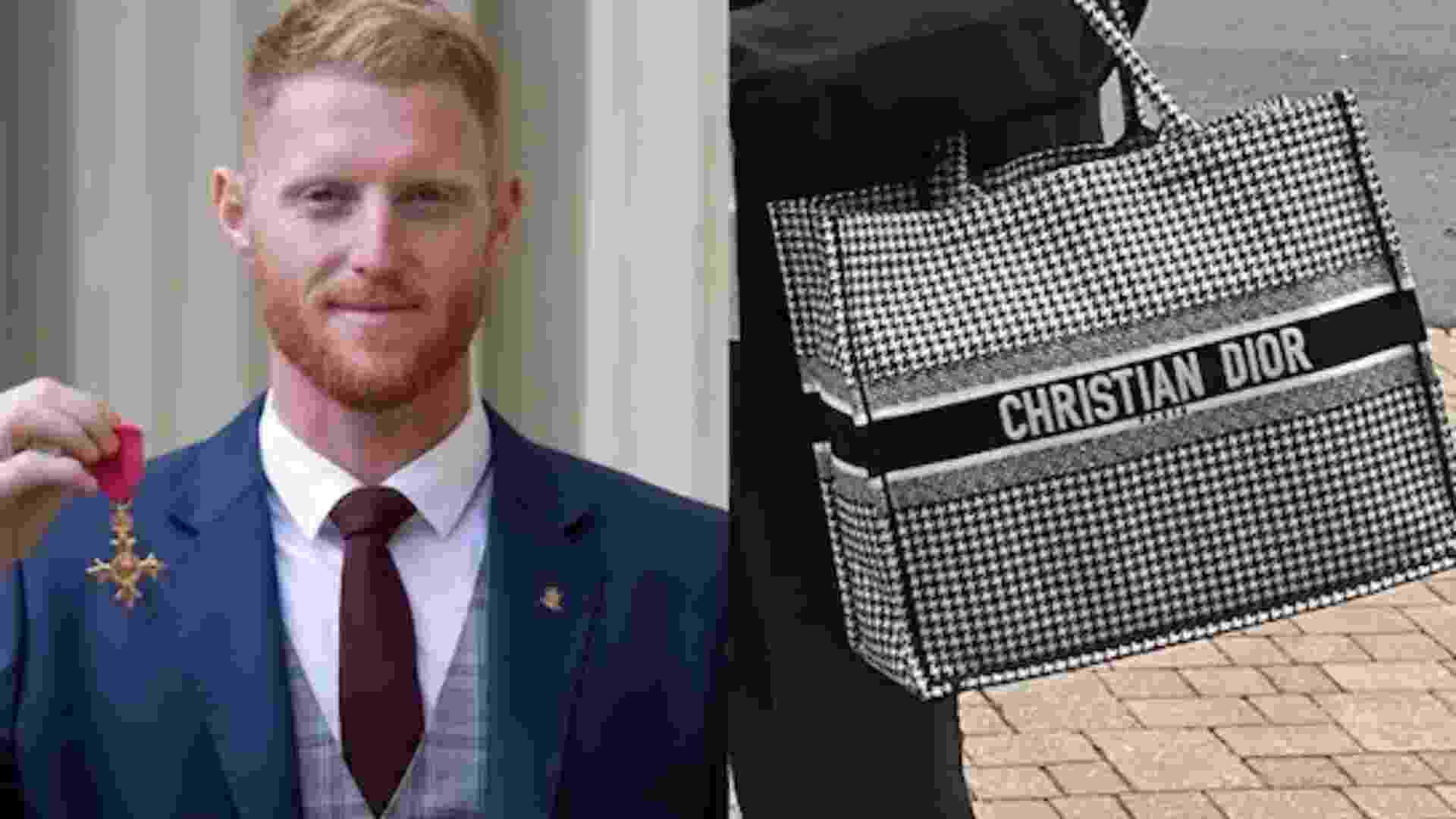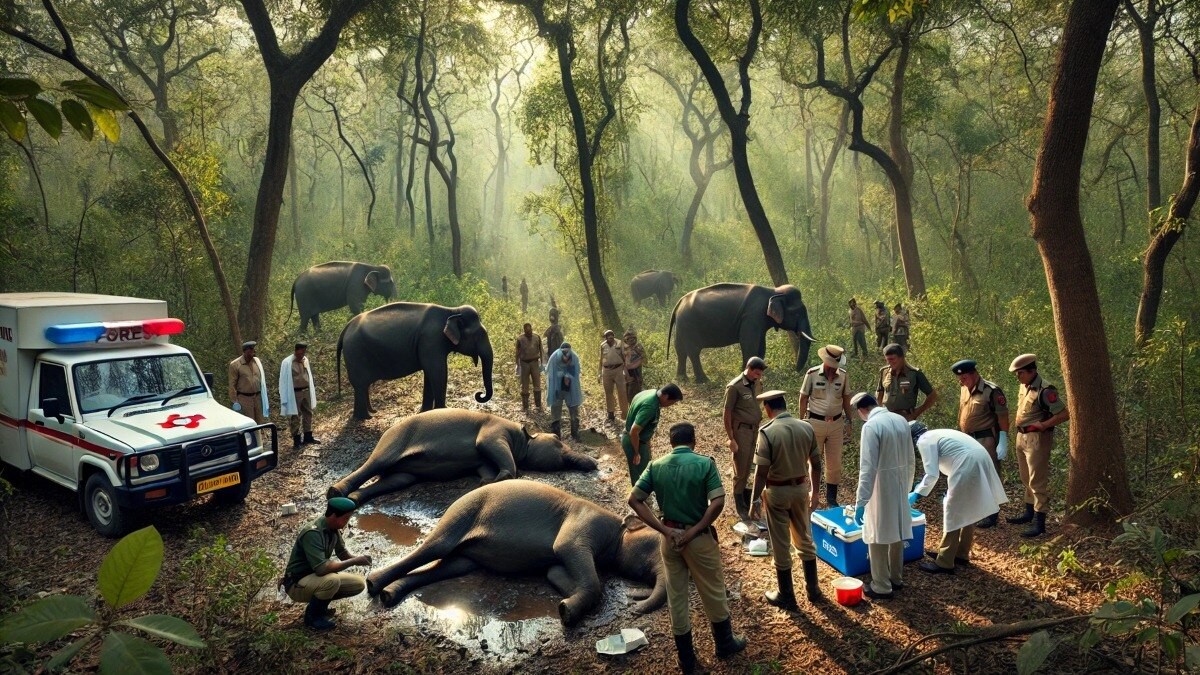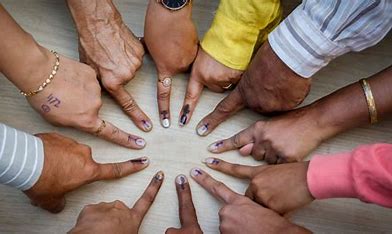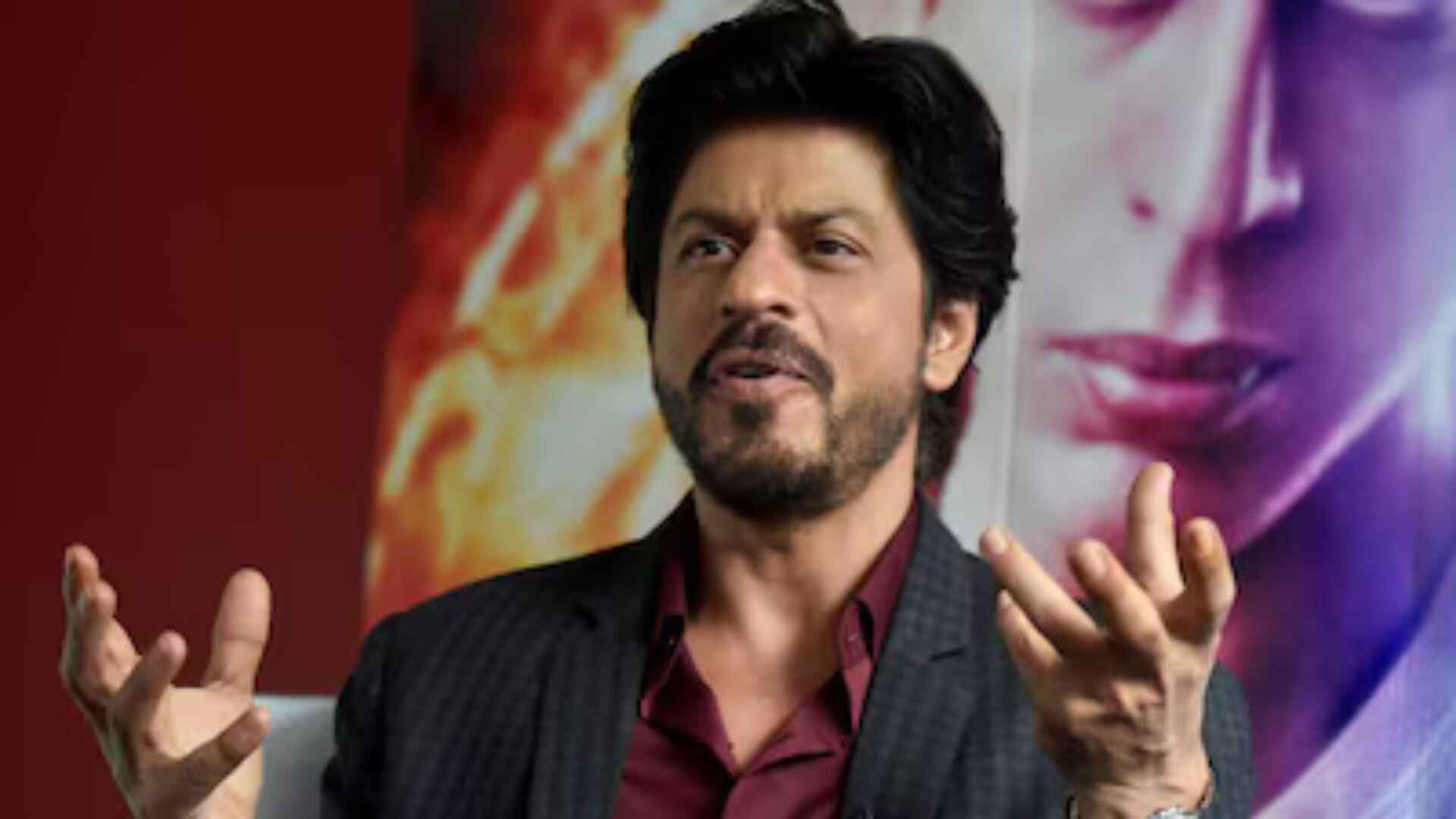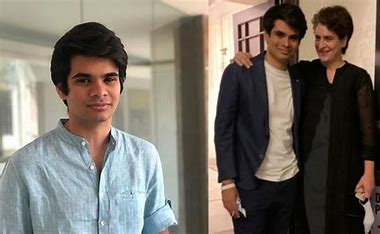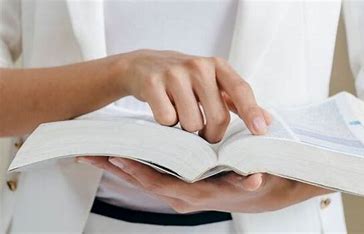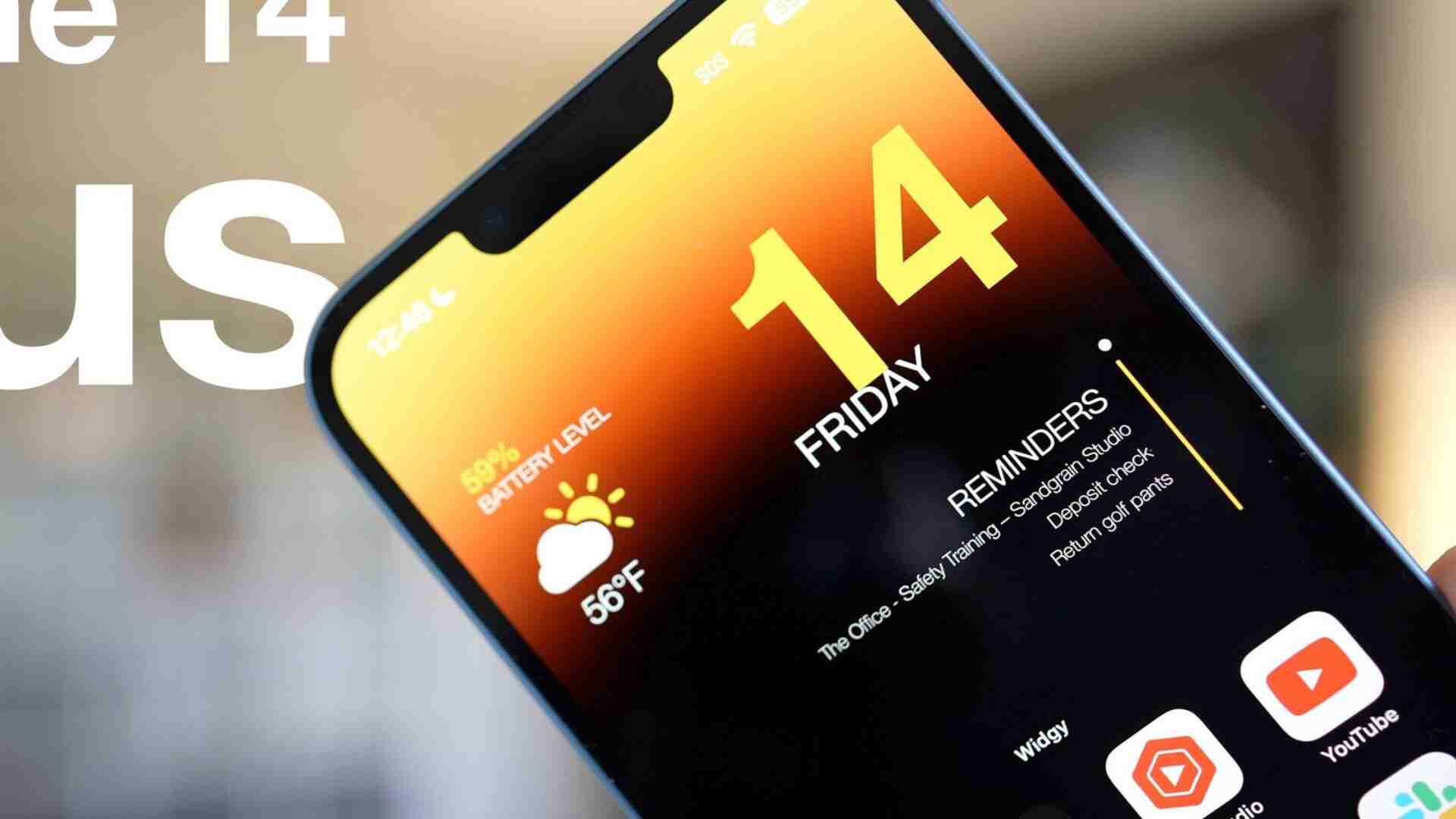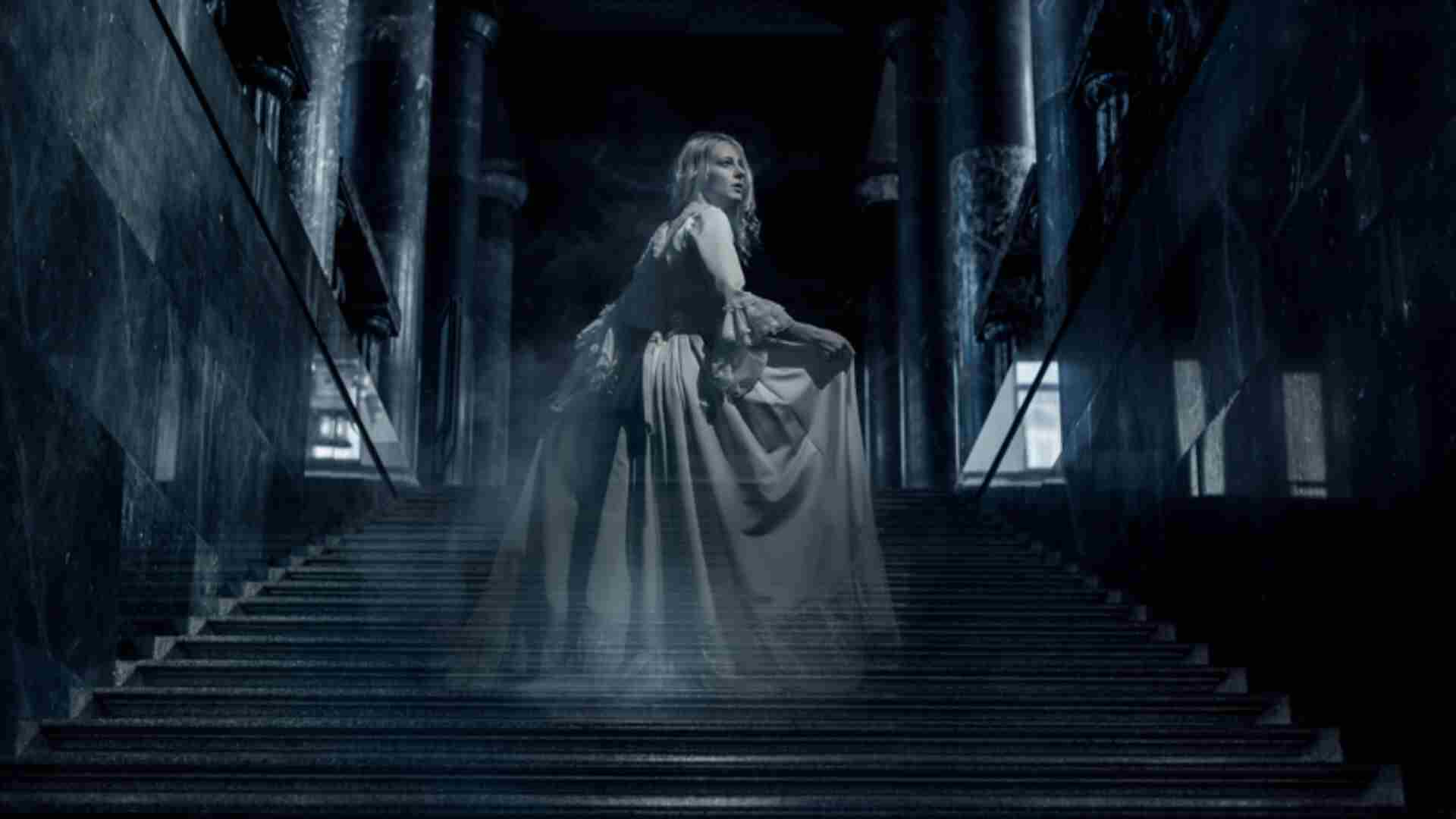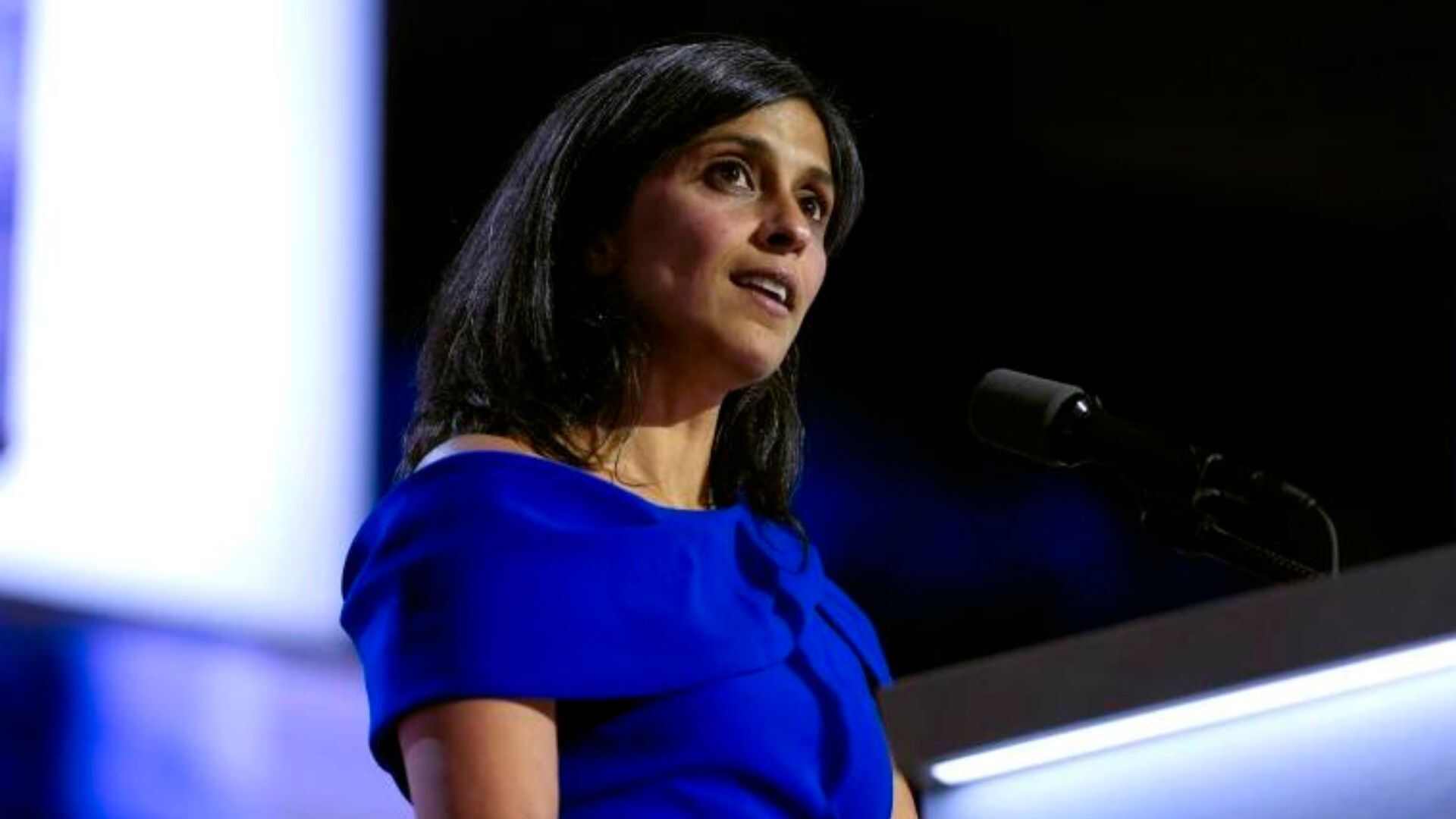
Usha Chilukuri Vance, the wife of Donald Trump’s vice presidential running mate, has a 96-year-old great-aunt in southern India who is celebrated in local media as the country’s oldest active professor.
The family of U.S.-born Vance is known for its academic achievements, particularly Shanthamma Chilukuri, who still commutes 60 km (40 miles) most weekdays to teach physics at a university. “Most of our family is academically strong, and education has always been a top priority,” Chilukuri told Reuters over the phone from Visakhapatnam.
Usha Vance, 38, made her debut on the U.S. national political stage on Wednesday when she introduced her husband, U.S. Senator J.D. Vance of Ohio, at the Republican National Convention in Milwaukee.
“I got to know about Usha’s husband being named as a vice president candidate and of course we are happy as a family,” Chilukuri told Reuters by phone from the city of Visakhapatnam.
In his memoir “Hillbilly Elegy,” Vance describes his wife as a “supersmart daughter of Indian immigrants” whom he met at Yale Law School.
Usha Vance’s parents relocated to the U.S. in the late 1970s and currently teach engineering and molecular biology in San Diego.
While Usha Vance attended Yale and Cambridge, her father and grandfather both taught or studied at the Indian Institute of Technology (IIT), India’s top engineering college. Her younger sister works as a mechanical engineer with a semiconductor company in San Diego, and her aunt is a medical professional in Chennai, India.
The family hails from a village called Vadduru in Andhra Pradesh but moved to Chennai when Usha Vance’s paternal grandfather, Ramasastry Chilukuri, began teaching at the IIT there around its establishment in 1959, according to family members. The IIT now has a student award named in Ramasastry’s memory, honoring his contributions as a physics professor.
The family, practicing Hindus, is also deeply religious.
Shanthamma Chilukuri mentioned that many family members are well-versed in ancient texts like the Upanishads and Vedas. She herself has authored a book on verses from the Bhagavad Gita, one of Hinduism’s holiest scriptures.
Senator Vance mentioned in a June interview with Fox News that his wife played a key role in helping him “re-engage” with his Christian faith.
Sitting by him during the interview, Usha Vance said: “I did grow up in a religious household. My parents are Hindu and that is one of the things that made them such good parents, that made them really good people. And so I have seen the power of that.”
Usha Vance previously served as a law clerk to U.S. Chief Justice John Roberts and later worked as an attorney at the U.S. law firm Munger, Tolles & Olson LLP.
She resigned from her position after J.D. Vance was announced as the Republican vice presidential candidate.
A close family member from India, who attended their wedding in Kentucky in 2014, credited Usha Vance’s success to “the mindset that one must accomplish something, have degrees from top institutes.”
“Our family WhatsApp group is flooded with messages ever since J.D. Vance’s name was announced,” said the family member, who wished to remain anonymous to avoid public attention amid increased media interest in the family. “I sent her a congratulatory message and conveyed my best wishes. She was also elated.”
Usha Vance’s parents and sister in the United States did not respond to requests for comment. The Indian media has celebrated her as the latest in a line of Americans with Indian roots rising to prominence, including U.S. Vice President Kamala Harris, Microsoft CEO Satya Nadella, Google CEO Sundar Pichai, and former Republican presidential hopefuls Nikki Haley and Vivek Ramaswamy, who was a classmate of J.D. and Usha Vance at Yale Law.
In a 2020 Netflix movie based on J.D. Vance’s memoir, Usha Vance’s character describes how her father started from scratch when he first moved to the United States.
“He came here with nothing,” said the character played by Freida Pinto, an Indian actor who gained fame as the female lead in the Oscar-winning “Slumdog Millionaire.” “He had to just find his way.”
